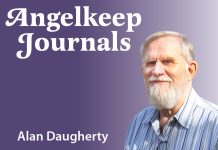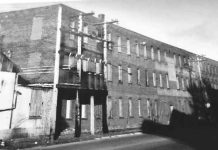As you’ve likely noticed, property taxes were back in the news this week as the State and Local Tax Review task force wrapped up their efforts with a set of recommendations to be forwarded to the upcoming 2025 session of the Indiana Legislature. Our local connection, besides our fixation on how our local residential property…



